Mechanics creepers are essential tools for anyone working on vehicles, providing comfort and accessibility when maneuvering underneath cars. Whether you're a professional mechanic or a DIY enthusiast, choosing the right creeper can significantly enhance your efficiency and reduce strain. Here’s a comprehensive guide on the factors to consider when selecting mechanics creepers.
Mechanics creepers come in several types, each suited for specific needs:
Flat Creepers: These are the most common and consist of a flat platform with wheels. They provide excellent mobility and are ideal for general automotive work.
Foldable Creepers: These versatile creepers can be adjusted into different positions, doubling as a seat for tasks requiring you to sit upright.
Low-Profile Creepers: Designed for vehicles with limited ground clearance, these creepers allow you to get closer to the underside of the car.
Topside Creepers: Used for accessing the top or engine bay of trucks and larger vehicles, these creepers feature an elevated platform.
Determine your primary use case to choose the type that best fits your requirements.
The durability and comfort of a mechanics creeper depend heavily on the materials used:
Plastic: Lightweight and resistant to corrosion, plastic creepers are easy to clean and maintain. However, they may not be as sturdy as other materials.
Metal: Steel creepers are strong and durable but can be heavier and prone to rust if not properly coated.
Padded Frames: For added comfort, some creepers have padded surfaces covered with vinyl or leather, ideal for long work sessions.
Choose a creeper with high-quality materials that can withstand regular use without compromising performance.
Mechanics creepers have varying weight capacities, usually ranging from 250 to 400 pounds or more. Ensure the creeper can support your weight comfortably, especially if you plan to carry tools or equipment while using it. Opting for a higher weight capacity ensures durability and safety.
The mobility of a creeper largely depends on the quality of its casters. Consider the following features:
Material: Casters made of polyurethane or rubber provide smoother movement and durability.
Size: Larger casters are better for navigating uneven surfaces, while smaller ones are suitable for flat workshop floors.
Swivel Capability: 360-degree swivel casters offer excellent maneuverability in tight spaces.
Investing in a creeper with high-quality casters ensures better performance and longer lifespan.
Plastic Creeper with Led Light
Ground clearance is a critical factor, especially if you’re working on vehicles with limited space underneath. Low-profile creepers offer reduced clearance, allowing you to slide closer to the underside of the car. However, ensure there’s still enough room for comfort and mobility.
Long hours under a vehicle can be uncomfortable, making ergonomic features essential. Look for creepers with:
Padded Surfaces: Thick padding provides cushioning for prolonged use.
Headrests: Adjustable or built-in headrests offer neck support.
Contoured Shapes: Ergonomically designed creepers reduce strain on the back and shoulders.
Comfortable creepers minimize fatigue, improving productivity during extended work sessions.
If you have limited storage space or need to transport your creeper frequently, consider its portability. Foldable creepers are easy to store and carry, while lightweight models are ideal for on-the-go mechanics. Some creepers also feature built-in handles for convenient transport.
Mechanics creepers often get dirty from oil, grease, and grime. Choose a model with materials that are easy to clean, such as plastic or vinyl-covered padding. Additionally, check if the casters and other components are replaceable to prolong the creeper’s lifespan.
Mechanics creepers are available at various price points, from budget-friendly options to premium models. While it’s tempting to go for the cheapest option, prioritize quality and features that meet your needs. Additionally, check for warranty coverage to protect your investment against manufacturing defects.
Some mechanics creepers come with extra features that enhance functionality:
Tool Trays: Integrated trays keep tools within easy reach while working.
Magnetic Panels: Hold metal tools securely to prevent them from rolling away.
Height Adjustment: Adjustable creepers allow you to customize the working height for added versatility.
These features can make your work more efficient and convenient.
Choosing the right mechanics creeper involves considering various factors such as type, material, weight capacity, caster quality, and comfort features. By assessing your specific needs and preferences, you can find a creeper that enhances your productivity and ensures a comfortable working experience. Investing in a high-quality mechanics creeper is a decision that pays off in both performance and durability.
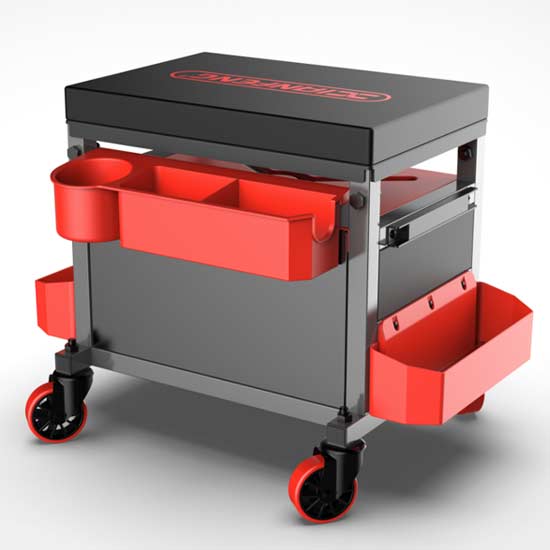 Tool seat
Tool seat
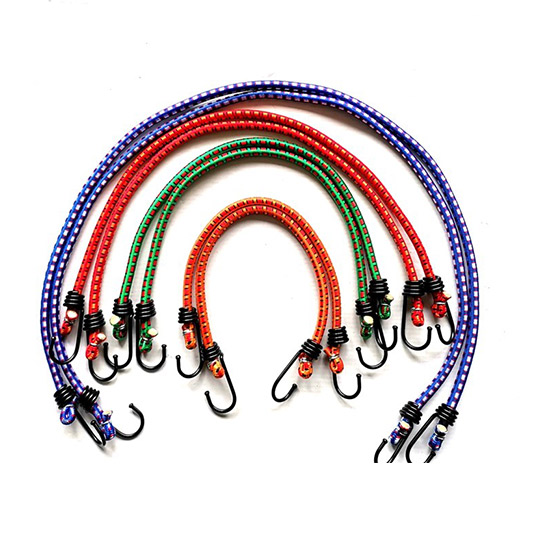 Stretch Cord
Stretch Cord
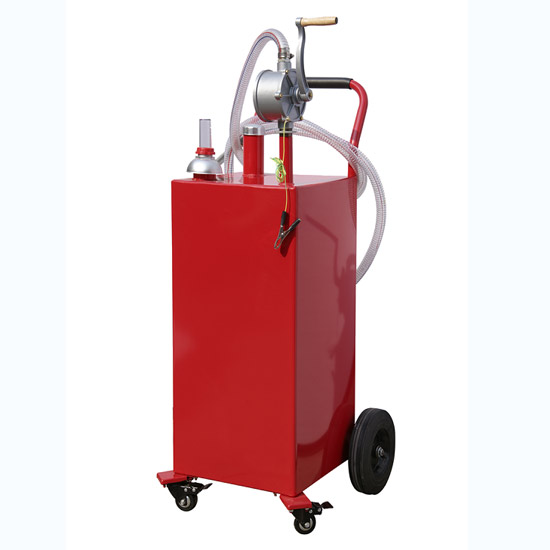 Oil Pump
Oil Pump
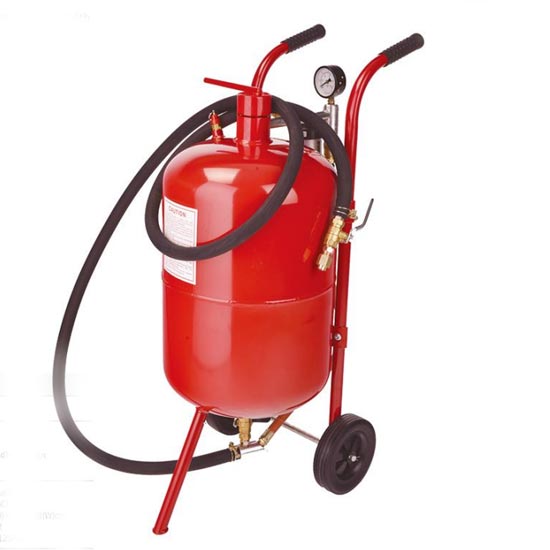 Sandblast Pot
Sandblast Pot
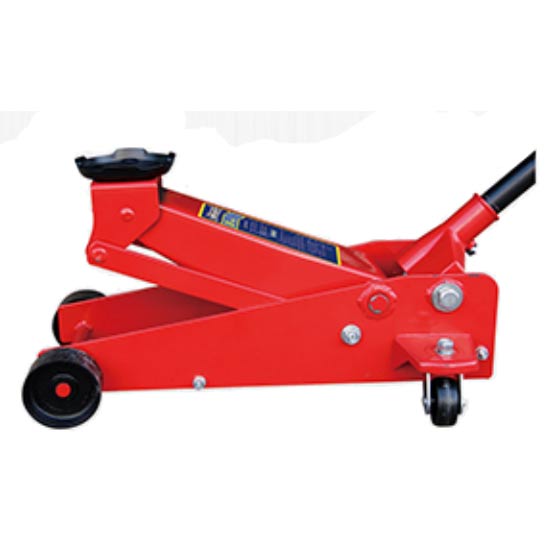 2.25 Ton Hydraulic Floor Jack
2.25 Ton Hydraulic Floor Jack
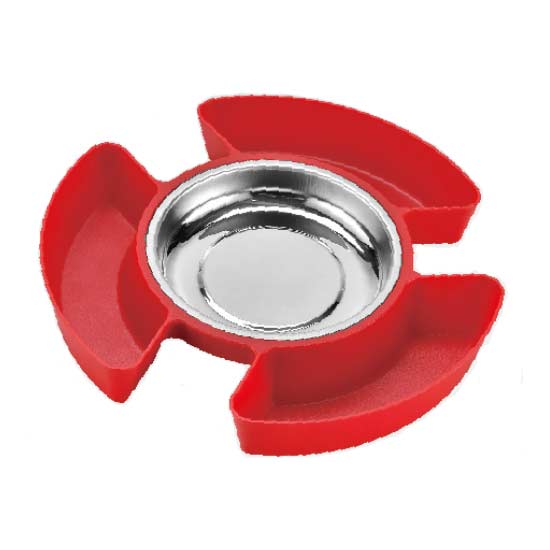 Magnetic Tray With Tool Plate
Magnetic Tray With Tool Plate
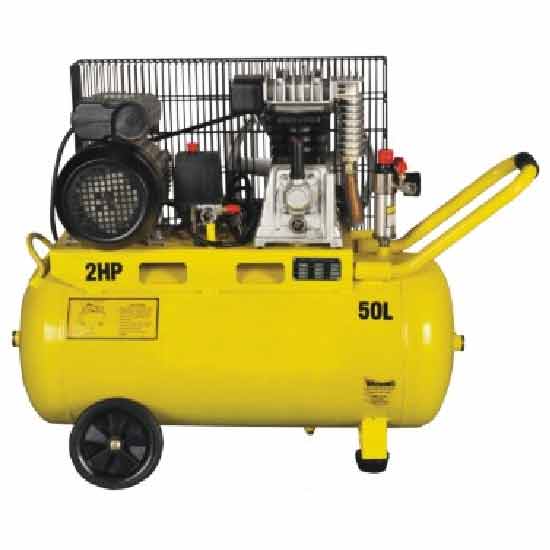 Single-stage Air-cool Movable Air Compressor
Single-stage Air-cool Movable Air Compressor
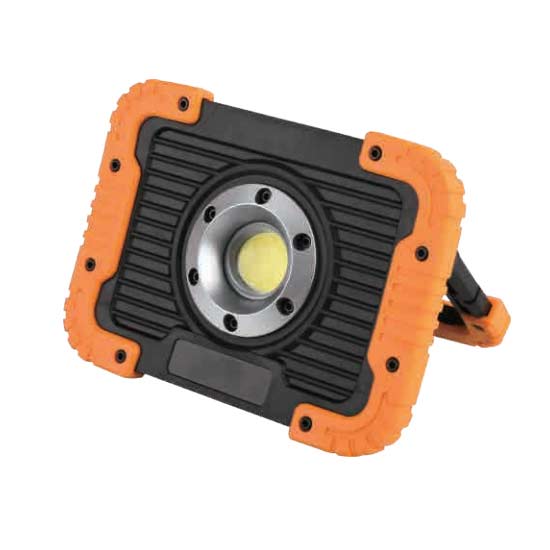 10W Rechargeable Led Flood Light
10W Rechargeable Led Flood Light
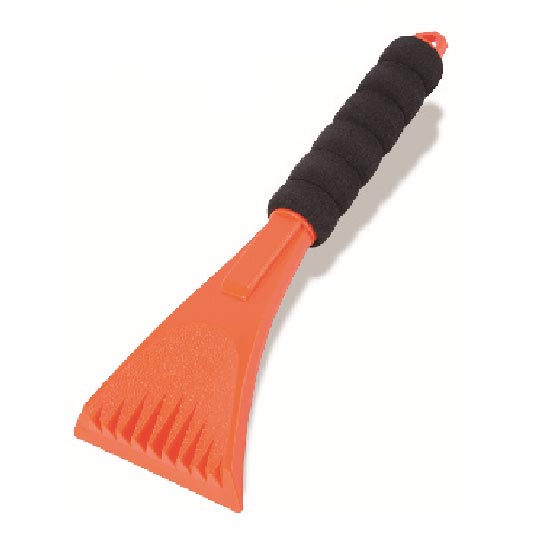 Ice Scraper
Ice Scraper
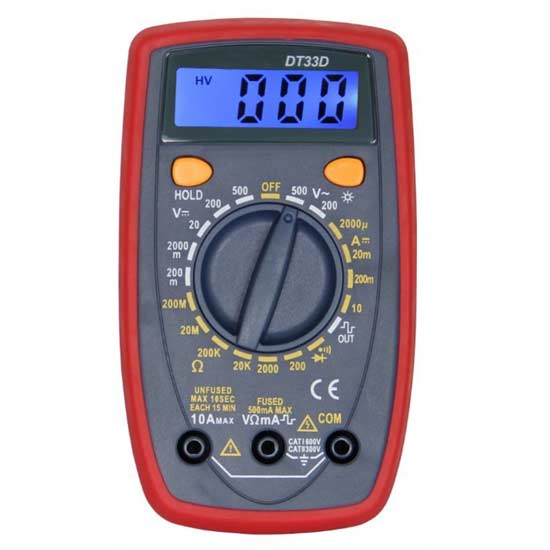 Small Multimeter with Backlight
Small Multimeter with Backlight
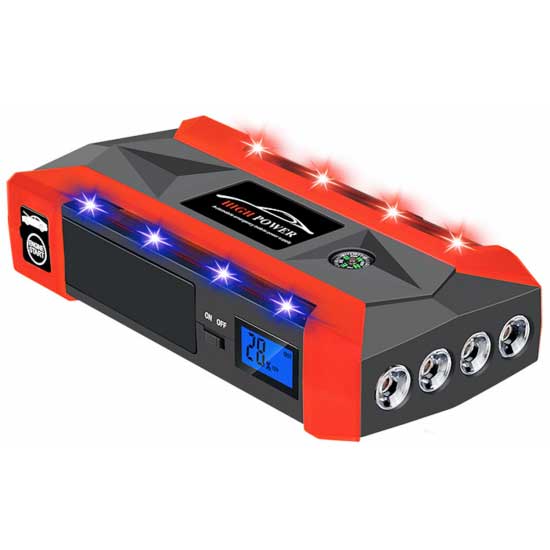 Jump Starter With 4 Led Lights
Jump Starter With 4 Led Lights
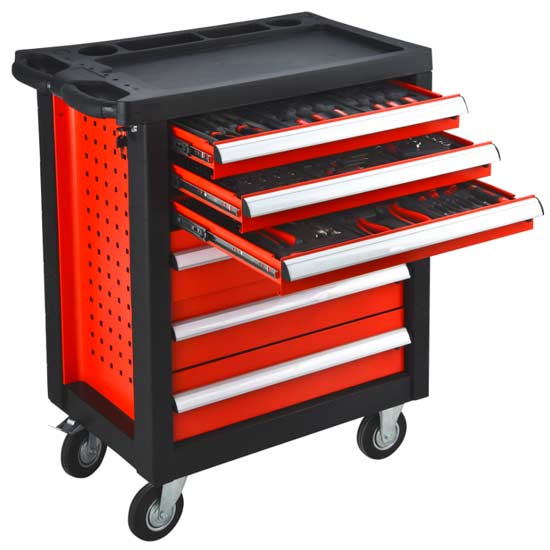 Steel Tool Cabinet
Steel Tool Cabinet
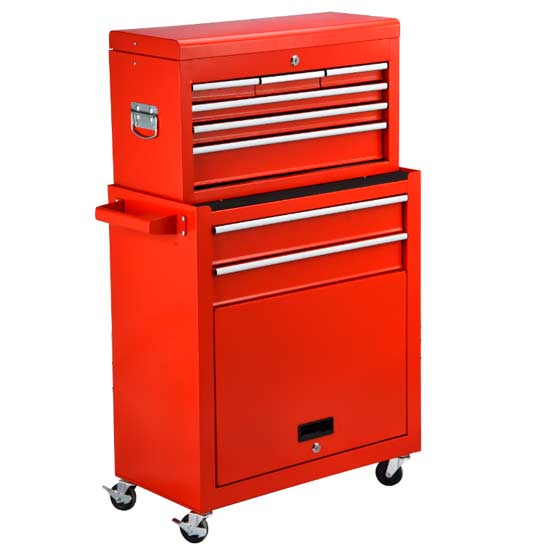 Large Tool Cabinet
Large Tool Cabinet
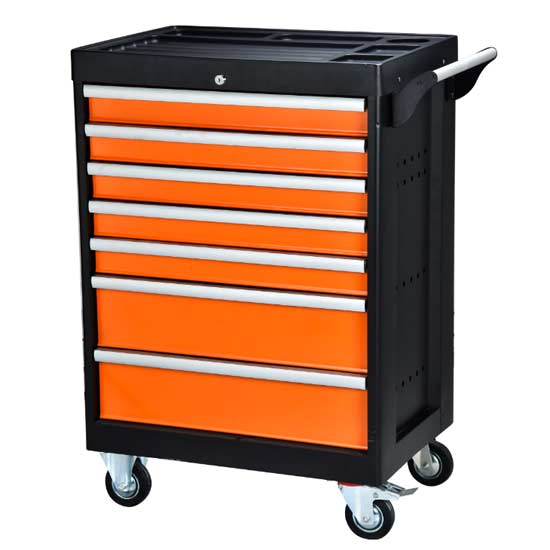 Tool Storage Cabinet
Tool Storage Cabinet
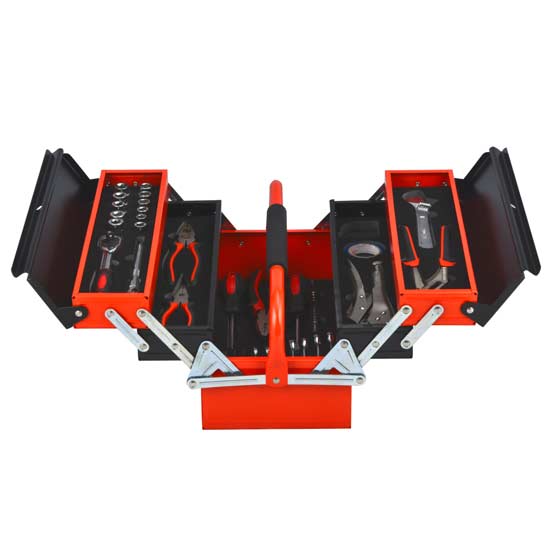 Metal Tool Box
Metal Tool Box
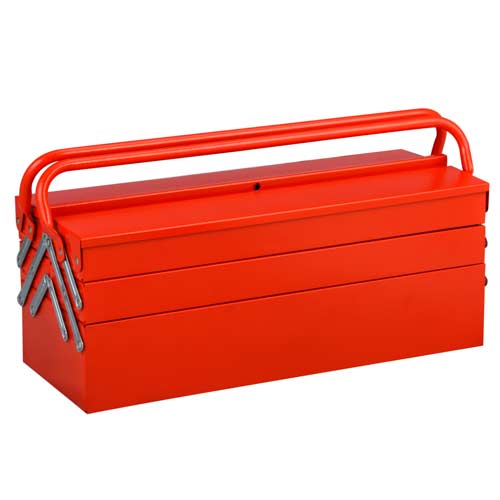 Large Metal Tool Storage Box
Large Metal Tool Storage Box
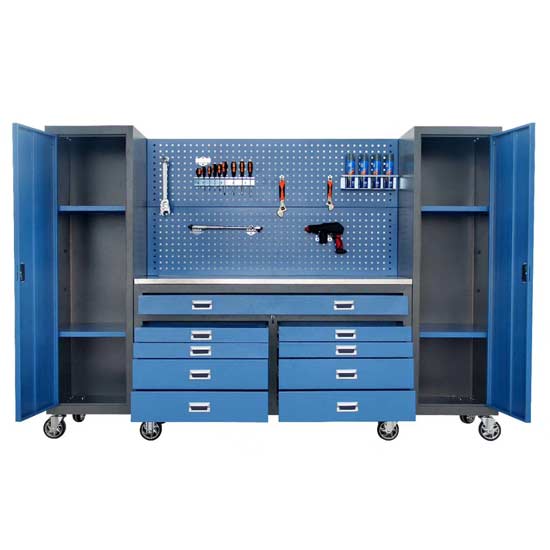 Blue Metal Tool Cabinet
Blue Metal Tool Cabinet
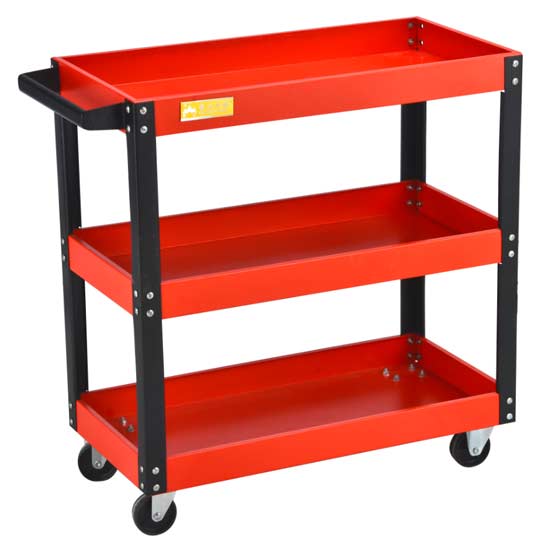 Red Steel Tool Trolley
Red Steel Tool Trolley
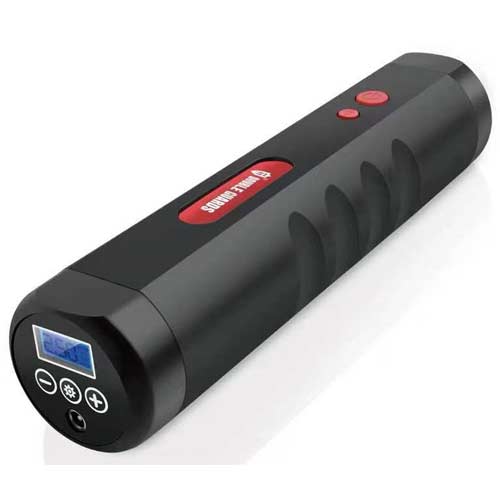 Portable Tire Inflator
Portable Tire Inflator
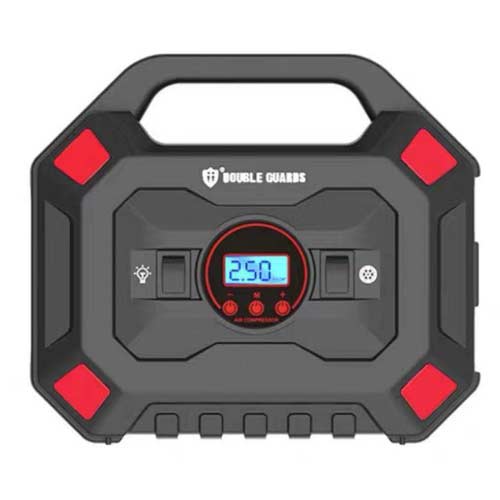 Custom Tire Inflator
Custom Tire Inflator
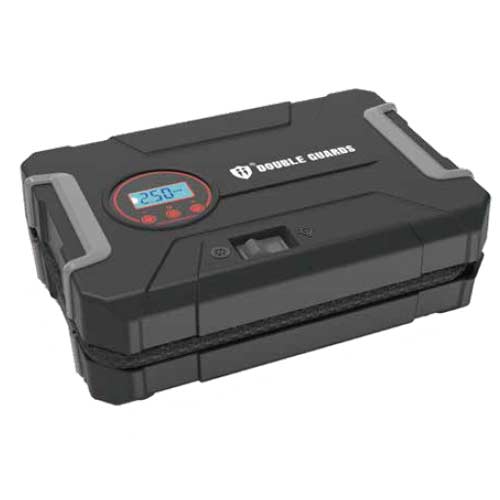 Tire Pressure Pump
Tire Pressure Pump
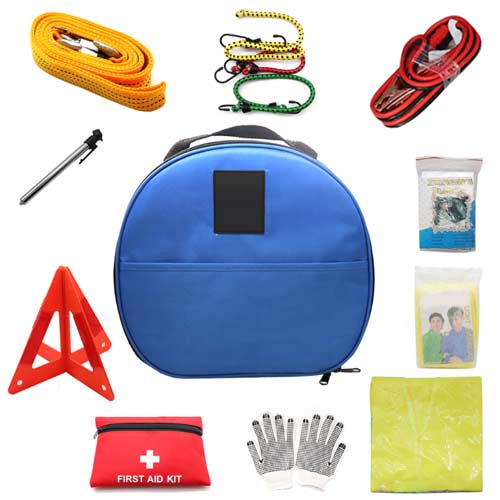 Auto Emergency kit
Auto Emergency kit